Electric Vehicle Motor Control System Training Platform
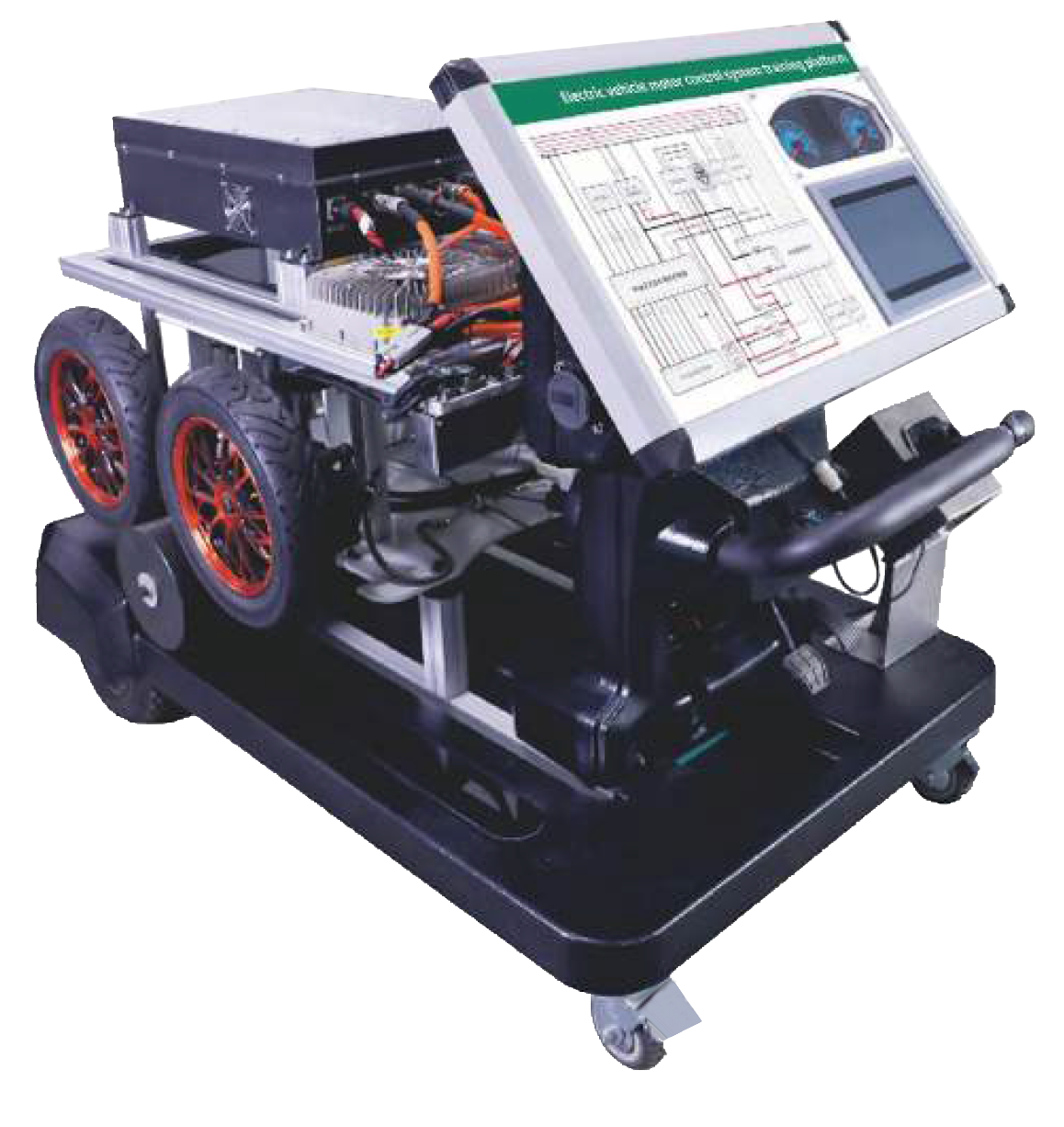
Order Code: NEE81
Category: New Energy Equipments
Product Introduction Use basic principles such as the performance characteristics and structure of electric vehicle drive motors and motor controllers to understand the basic structure of the AC motor control system, master the working principles ...
SPECIFICATION
Product Introduction
Use basic principles such as the performance characteristics and structure of electric vehicle drive motors and motor controllers to understand the basic structure of the AC motor control system, master the working principles of the AC motor control system, master the basic control circuits of the AC motor control system, and demonstrate the AC motor control system. Work process, view the circuit diagram, and analyze the interrelationship between various components.
Technical specifications
- Mater type : three - phase asynchronous motor
- Rated power: 4K
- Rated voltage: 72V
- Rated speed: 3000rpm
- Number of phases: 3 phases
- Peak speed: 6000rpm
- Controller type: AC controller
- Rated voltage: 72V
- Input voltage range: 55~86V DC
- Rated current: 120A
- Peak current: 275A
- Output frequency range: 0- 400Hz
- Eficiency: 98%
- Communication method: CAN2.0 communication
- Gear lever type: rear switch type:
- Working voltage: 12V DC
- Instrument type: mechanical and electronic hybrid instrument.
Practical Training Projects
- Simulate the acceleration experiment of the drive motor through the throttle.
- Simulate the acceleration experiment of the drive motor through braking.
- Simulate the hydraulic braking system's braking experiment on the drive motor.
- Simulate the experiment of forward and reverse rotation of the motor through the gear lever.
- Simulate the experimental state of vehicle driving at normal speed.
- Simulate the high-speed driving state of the vehicle.
- Simulate the low-speed driving state of the vehicle.
- Understand the structure and composition of motors and motor controllers.
- Understand the basic working principles of motors and motor controllers.


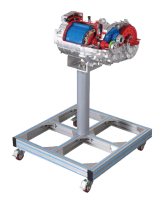

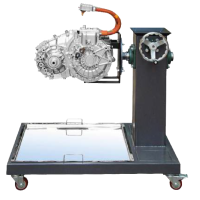

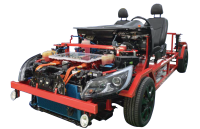
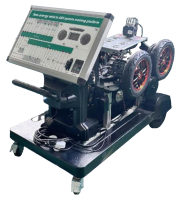

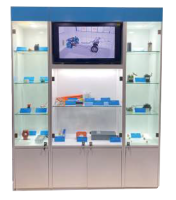


 91-9829132777
91-9829132777